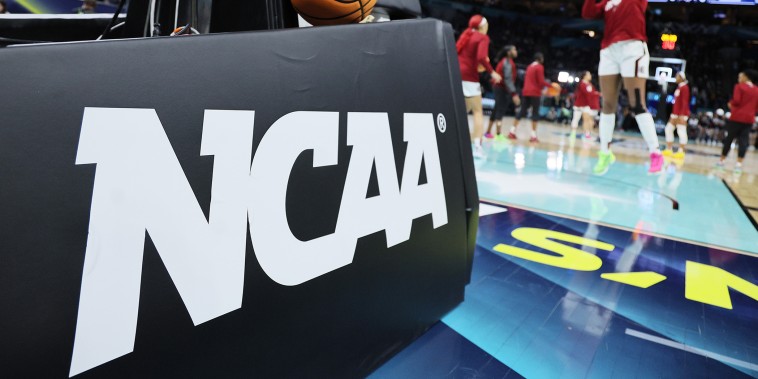In recent years, the issue of compensating student-athletes has been a topic of hot debate within the sports industry. The recent settlement between schools and student-athletes marks a historic turning point in how athletes are treated and valued in the NCAA. This landmark decision is not just a win for the players but also sets a precedent for reforming the current system to ensure fair treatment and compensation for student-athletes.
One of the key implications of this settlement is the recognition of student-athletes as more than just amateur players. By agreeing to compensate athletes, schools are acknowledging the time, effort, and value that these individuals bring to their programs. This shift in perspective bodes well for the future of college sports, as it paves the way for a more equitable relationship between athletes and institutions.
Furthermore, the settlement could have ripple effects on recruitment and retention within college sports programs. The prospect of receiving fair compensation may attract more talented athletes to schools, thereby enhancing the overall quality of competition and entertainment value for fans. Additionally, compensating student-athletes may help schools retain their top talents who might otherwise be lured by professional opportunities.
From a financial standpoint, the settlement also raises questions about how schools will manage the added expense of compensating student-athletes. While some critics may argue that this could lead to financial strain on schools, others view it as a necessary investment in the well-being and future success of student-athletes. Finding a balance between fair compensation and financial sustainability will be a challenge that schools must navigate in the wake of this historic settlement.
The broader impact of this settlement goes beyond the realm of college sports and sets a precedent for other industries as well. By valuing the contributions of student-athletes and compensating them accordingly, schools are sending a powerful message about the importance of fair treatment and recognition for all individuals, regardless of their status or position.
In conclusion, the historic settlement between schools and student-athletes represents a significant step forward in the ongoing dialogue about compensating athletes in the NCAA. By acknowledging the value of student-athletes and committing to fair compensation, schools are setting a new standard for how athletes are treated within the collegiate sports landscape. This landmark decision has far-reaching implications for the future of college sports and beyond, as it signals a shift towards greater equity, respect, and recognition for the contributions of all individuals involved in the sports industry.
